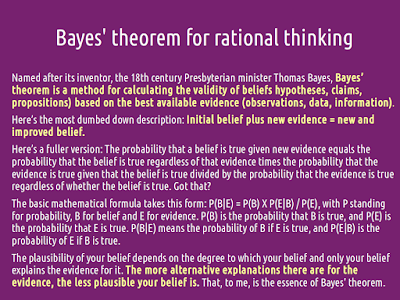Competition and Free Market
Definition of Competition:
Competition arises whenever at least two parties strive for a goal which cannot be shared: where one's gain is the other's loss (an example of which is a zero-sum game)
But when one should get the loss?
Like not providing better-desired services? Is it always the case?
Take for example Windows vs Linux on desktop computers. We have more users for Windows despite a more robust open-source alternative. Fewer users of good products also limit their development due to less spending on it.
The is no good or bad, but there are optimum results. Any model can have strengths and weaknesses.
From an economic point of view, the gain or loss is taken in terms of money.
The free market can be competitive in terms of competing for providing quality services, but it's not a zero-sum game, because many service providers are present and all good sellers manage to sell their products.
A monopoly market is also another form of competition that's more like a zero-sum game that profits only a few sellers and other sellers get the loss.
If you set a goal, it's not necessary that goals can't be shared. The free market is an example where goals are shared, but not in a monopoly market.
So, in a market one's gain need not have to be others' loss (if another service provider is providing good service). Competition only to weed out bad players including monopoly (and yes, a monopoly will not create the heavy profits, it's up to you to say if not making a heavy profit is a loss for them 😀).
Competition arises whenever at least two parties strive for a goal which cannot be shared: where one's gain is the other's loss (an example of which is a zero-sum game)
But when one should get the loss?
Like not providing better-desired services? Is it always the case?
Take for example Windows vs Linux on desktop computers. We have more users for Windows despite a more robust open-source alternative. Fewer users of good products also limit their development due to less spending on it.
The is no good or bad, but there are optimum results. Any model can have strengths and weaknesses.
From an economic point of view, the gain or loss is taken in terms of money.
The free market can be competitive in terms of competing for providing quality services, but it's not a zero-sum game, because many service providers are present and all good sellers manage to sell their products.
A monopoly market is also another form of competition that's more like a zero-sum game that profits only a few sellers and other sellers get the loss.
If you set a goal, it's not necessary that goals can't be shared. The free market is an example where goals are shared, but not in a monopoly market.
So, in a market one's gain need not have to be others' loss (if another service provider is providing good service). Competition only to weed out bad players including monopoly (and yes, a monopoly will not create the heavy profits, it's up to you to say if not making a heavy profit is a loss for them 😀).








Comments